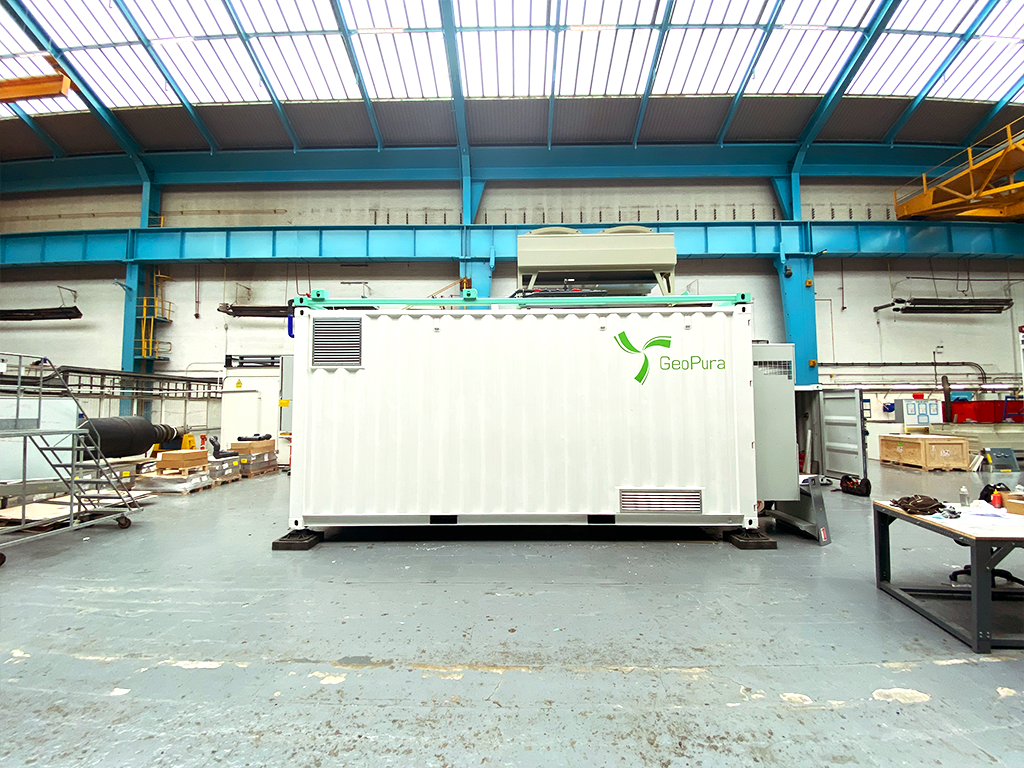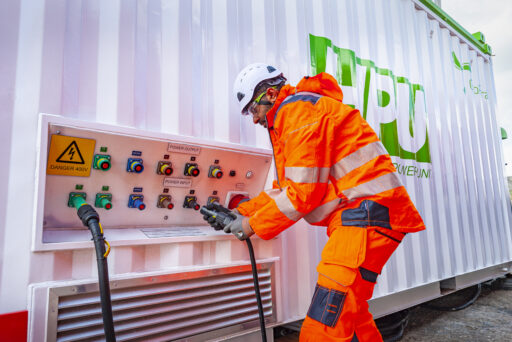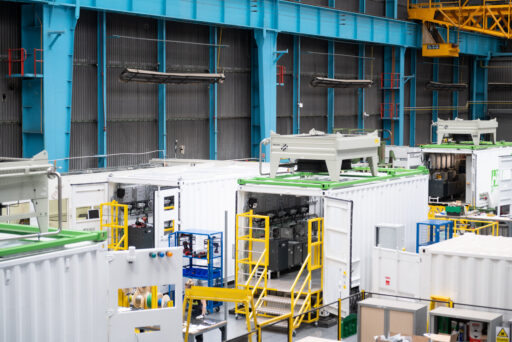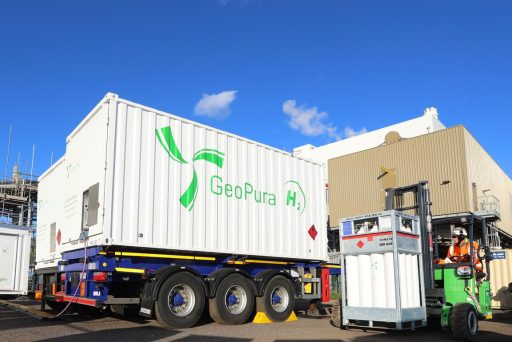Like many organisations operating in the Global Green Economy, we are eager to see commitments and action plans put in place during COP26 at the start of November.
As a business dedicated to delivering real alternatives to fossil fuels in order to support a transition to net zero there are two commitments that we would really like to see:
- A date for when hydrogen production processes that create significant net CO2 emissions are banned in the UK and other major global economies
- A date when the use of transportable diesel generators (typically below 6MW) will be banned, reflecting and supporting the imminent ban of petrol and diesel cars in most global economies
The UK Hydrogen Strategy, published in August 2021, outlines the UK Government’s approach to support and develop the emerging UK hydrogen economy. It is great to see a commitment to supporting this crucial sector. We also believe that “hydrogen has the potential to overcome some of the trickiest decarbonisation challenges facing our economy – including our vital industrial sectors – and secure economic opportunities across the UK, and that low carbon hydrogen has a critical role to play in our transition to net zero.”
GeoPura, as one of the UK companies mentioned in the strategy which is at the forefront of global hydrogen technology development, agree that there has been a strong history of collaboration between government, industry and innovators to tackle Climate Change and grow our economy, and we hope that the urgency of the current situation will mean increased efforts from all parties.
As a provider of zero emissions hydrogen power, for example, with our Hydrogen Power Unit (HPU), we are pleased to see energy generation included in the strategy. We believe that the electrification of heating and transport will lead to a rapid and significant increase in demand for electrical energy. If we want this process of electrification to significantly reduce the carbon emissions in key areas of our global economies and make them truly sustainable, we must generate the increased capacity through renewables. Our call for a date to ban portable diesel generators and hydrogen production methods that have significant CO2 emissions will help to ensure that the chosen alternatives are zero emissions solutions.


As one of the first companies using hydrogen to deliver reliable and scalable power, we are currently experiencing the ‘chicken and egg’ scenario outlined in the strategy. For example, we have a proven, zero emissions alternative to generating scalable off-grid power with fossil fuels, but we currently don’t have a robust low carbon hydrogen supply to truly level the field. As highlighted in the strategy, “the scale of the challenge is clear: with almost no low carbon production of hydrogen in the UK or globally today, meeting our 2030 ambition and delivering decarbonisation and economic benefits from hydrogen will require rapid and significant scale up over coming years.”
GeoPura is as focused on establishing green hydrogen production as we are in offering zero emissions energy generation. We feel a strong commitment to low carbon hydrogen would benefit the emerging market by ensuring a focus on green hydrogen production and viable, successful carbon capture techniques. This move would also support the recent UK Government commitment for all UK electricity to come from clean sources by 2035 by channelling investment into renewable energy to supply the grid and generate green hydrogen as a renewable energy store.
As we wait to see if these bold moves will be made; we want to thank local MPs, Ruth Edwards and Darren Henry, for recognising the importance of green hydrogen by mentioning GeoPura in the recent Westminster Hall debate on the future of the East Midlands Economy. We very much hope that clear practical support to this important sector will be shared in Glasgow by delegates from across the globe and we look forward to the outcomes and most importantly the subsequent action. As key commentators have outlined, the talking has to stop and the action has to start if we are going to be able to avoid the most devastating effects of what is now inevitable and irreversible Climate Change.
Ultimately, we are committed to the future of zero emissions fuels, and our planet, and will continue to do all we can to support the decarbonisation of our global economies, but additional practical governmental support in helping us reach our goals will also be required.





